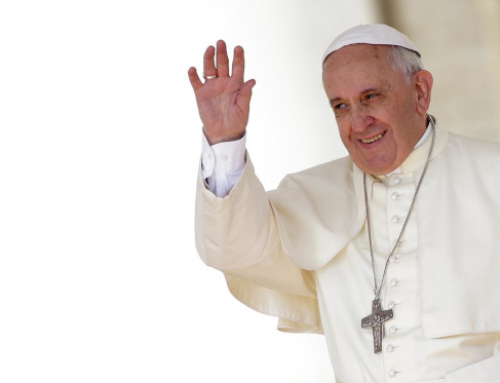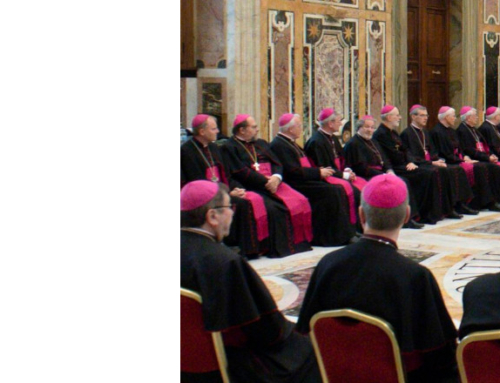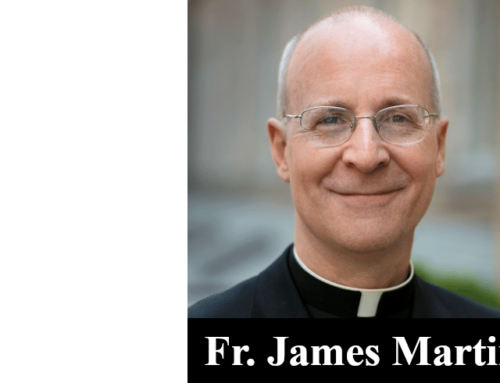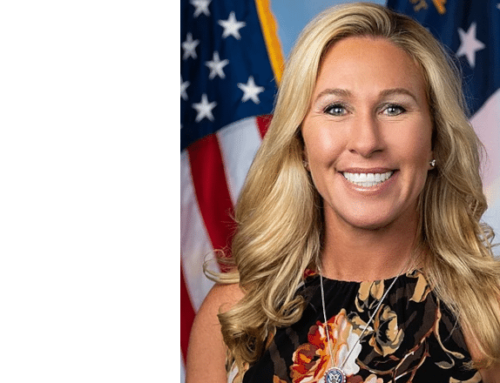Catholic League president Bill Donohue comments on a homosexual music director who lost in a U.S. District Court on June 7 in his bid to be reinstated in a Chicago parish:
Colin Collette knew what the house rules of the Catholic Church were before he announced his “engagement” to his boyfriend in 2014, so he should not have been surprised when the parish he worked for fired him. Francis Cardinal George, then the Archbishop of Chicago, stated at the time that Collette was dismissed for his “participation in a form of union that cannot be recognized as a sacrament by the Church.”
Collette said that the district court ruling “flies in such contradiction to the wonderful things that are coming out of Rome. The pope is speaking about unity and love, and here we are creating a church of fear and division.”
This is a common error made by homosexual Catholics. Yes, Pope Francis is speaking about unity and love, but he is also opposed to gay marriage. Indeed, he once called it an attempt by “the father of lies” to “confuse and deceive the children of God.” In other words, this is the work of the Devil.
After the U.S. Supreme Court imposed gay marriage on the nation, Pope Francis noted that “unprecedented changes” were taking place in society. Specifically, he cited the “social, cultural—and now sadly juridical—effects on family bonds.”
Similarly, when Pope Francis spoke at the White House in 2015, he said “American Catholics are committed to building a society which is truly tolerant and inclusive, to safeguarding the rights of individuals and communities, and to rejecting every form of unjust discrimination.”
After he made those comments, the Internet was alive with headlines such as, “LGBT Catholics Alarmed With Pope’s Remarks About ‘Unjust Discrimination.'”
The Catholic Catechism commands us to respect homosexuals and to avoid “unjust discrimination” against them. To put it differently, it is one thing to maintain that all children of God are entitled to be loved and accepted, quite another to say that no distinctions should be made in policy and law regarding sexual orientation.
Unfortunately, this is seen as controversial, but it should not be: civil society discriminates all the time. For example, I rode a subway this week and noticed an ad placed by the City of New York informing “women and minorities” that assistance was available to them if they want to start a small business. In other words, white guys were told that it was deemed just to discriminate against them (in this initiative as well as many others).
Other examples of just discrimination include denying the right of minors to vote and drink alcohol. We deny small people the right to ride the rollercoaster and men are denied discount drinks on “Ladies Night.” Only veterans are entitled to veteran’s benefits and 60 year-olds are denied Social Security.
The Catholic Church, unlike civil society, sees marriage as an institution between a man and a woman. So has the rest of the world—throughout all of history—until recently. Accordingly, the Church has every right not to acknowledge gay marriage any more than it is required to accept polygamy.
Those who believe in diversity should welcome the Catholic Church’s teachings on marriage, homosexuals, and “unjust discrimination.” It is what makes the U.S. such a diverse society—we really do stand out.







